
The compaction decision window
Most compaction outcomes are decided earlier than teams realize. By the time density is measured or reviewed, the decision window has already closed. This article explains why timing, not technique, determines results.

How to Create an Audit Ready and Defensible Compaction Record
Learn how earthwork and site development contractors can build an audit ready, defensible compaction record using continuous data, soil behavior insight, and improved documentation practices.
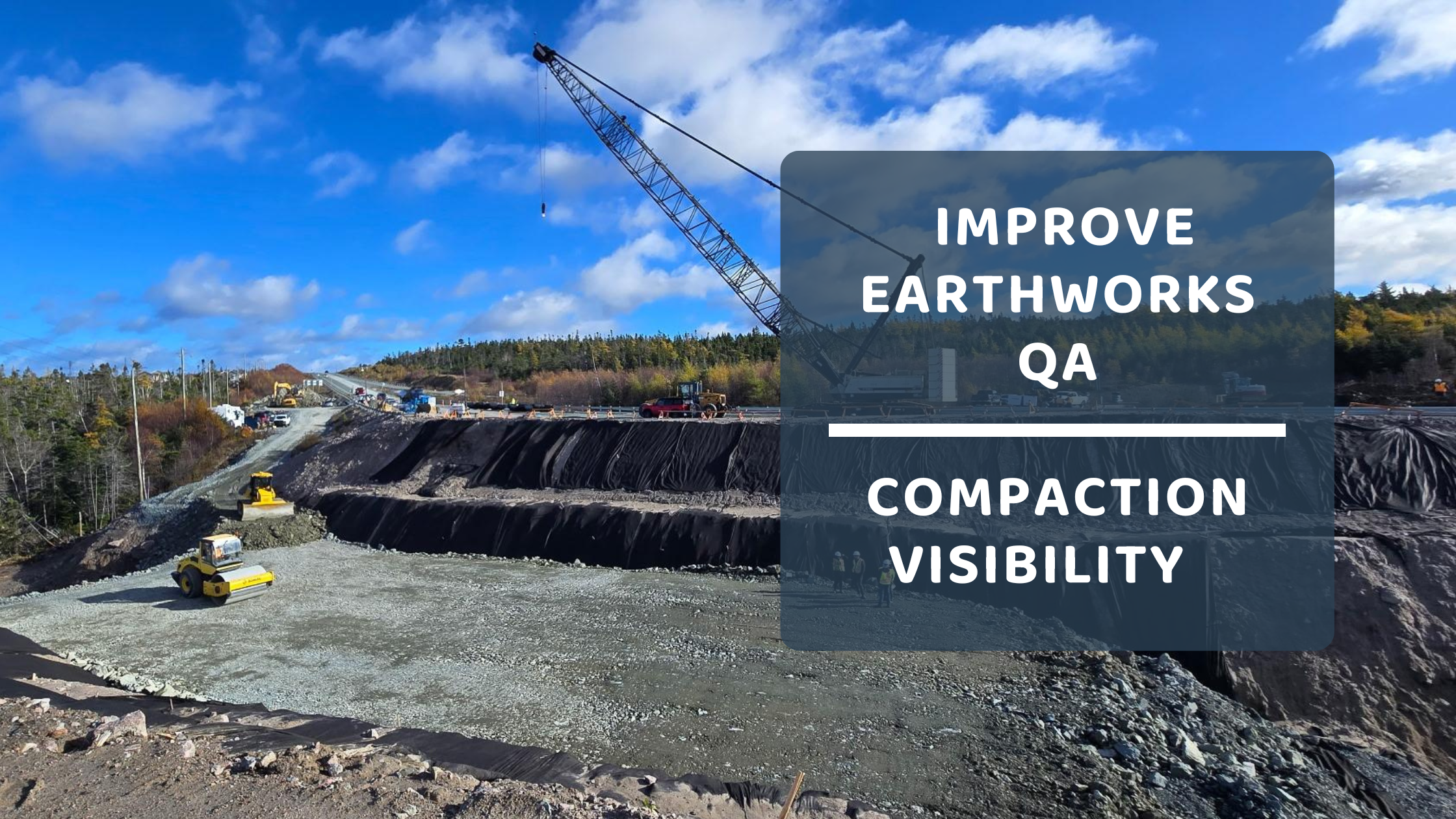
How Real Time Compaction Visibility Improves QA for Earthwork Contractors
Real time compaction visibility helps earthwork and site development contractors reduce failed tests, identify weak zones early, and strengthen QA documentation. Learn how AI and continuous soil behavior data improve productivity and defensibility.
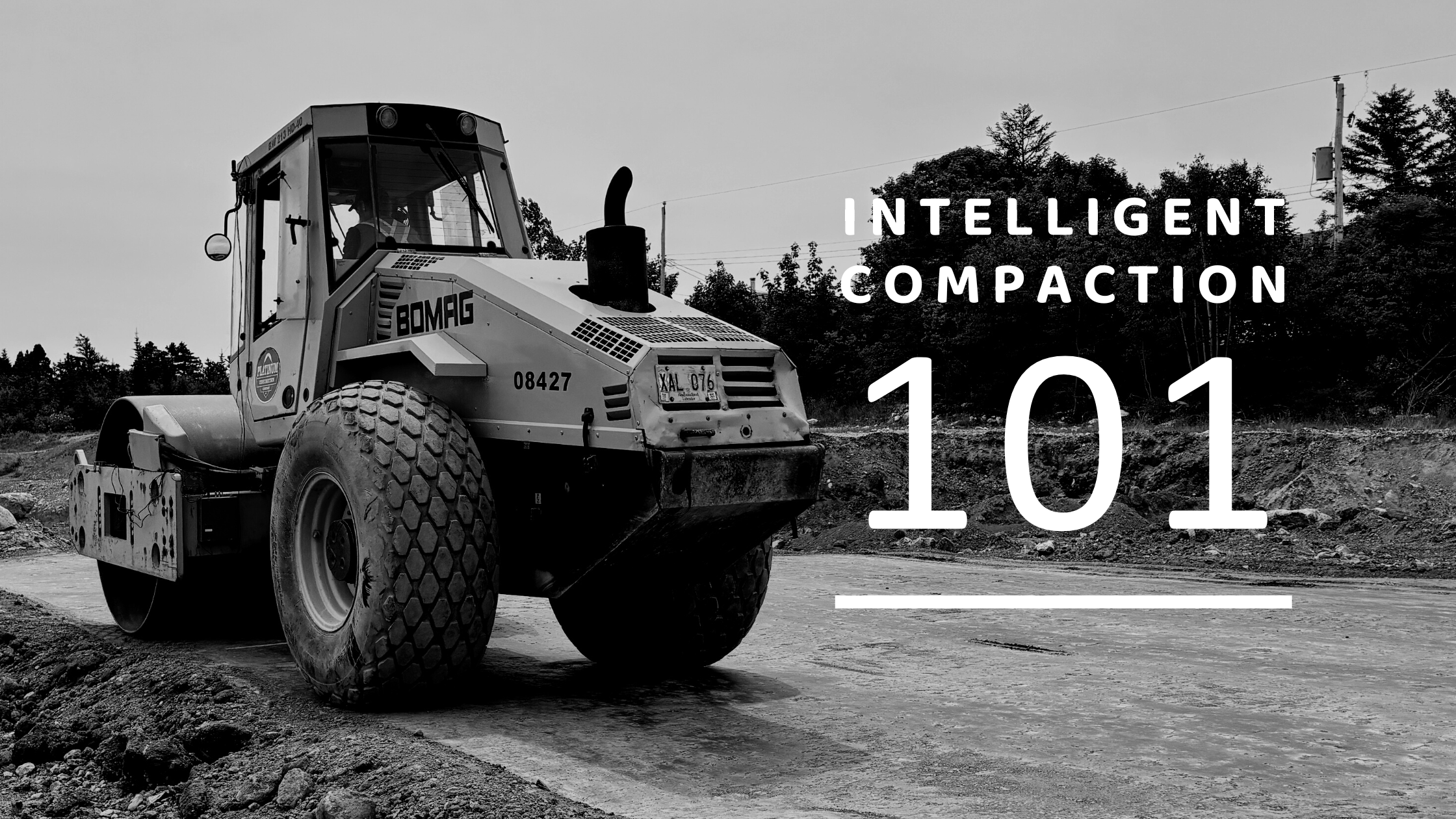
Intelligent Compaction 101: A Beginner’s Guide for Earthworks and General Contractors
Learn how Intelligent Compaction transforms traditional compaction testing with sensors, GPS, and real-time data. This beginner’s guide explains what Intelligent Compaction is, how it works, and how it helps contractors improve quality, reduce risk, and save time.

Inside Compactica: The System Behind Our Own QA and QC
Everyone knows Compactica helps contractors improve compaction QA/QC. But what about our own?
Take a look behind the scenes at QuarterBack, Compactica’s internal monitoring system that keeps every sensor, signal, and data point operating at peak reliability.

Why Elevation Matters: The Hidden Variable in Compaction Testing
Most compaction reports include an “elevation” column, but few people stop to ask what those numbers actually mean. In traditional Nuclear Density Gauge (NDG) testing, elevation is supposed to mark the exact height where each test was taken. In practice, those readings are often copied, estimated, or left blank.
This blog unpacks why elevation is a critical part of compaction testing, what happens when it’s ignored, and how Compactica’s automated system captures accurate elevation data to make compaction reporting fully traceable and defensible.

Why the Growing Soil Compaction Equipment Market Demands Risk Mitigation in Earthworks
The global soil compaction equipment market is forecast to reach $4.41 billion by 2029, growing at 5.8% CAGR. But this growth isn’t just about selling more rollers, it reflects rising demand for risk mitigation in earthworks. Contractors today face tighter specifications, labor shortages, and higher liability exposure.
This blog explores how Compactica reduces those risks by turning standard rollers into data-driven machines that deliver proof, accountability, and efficiency on every project.

Would You Stake Your Reputation on Two Test Points?
Traditional compaction reports measure just a couple of test points, leaving contractors exposed when disputes arise. Compactica Intelligent Compaction reports go further, delivering real-time heat maps, calibration curves, and GPS-stamped records for every inch compacted. The difference isn’t convenience—it’s proof you can stand behind.

Scaling QA Standards: How General Contractors Can Centralize Risk Control
As general contractors expand across more sites and crews, risk exposure scales just as quickly. Fragmented records, inconsistent QA, and overlooked compaction data can turn into costly disputes. The answer isn’t more paperwork, it’s smarter systems. By standardizing QA with real-time, site-wide compaction data, contractors gain both visibility and defensibility. The result: fewer blind spots, stronger documentation, and scalable risk control that grows with your business
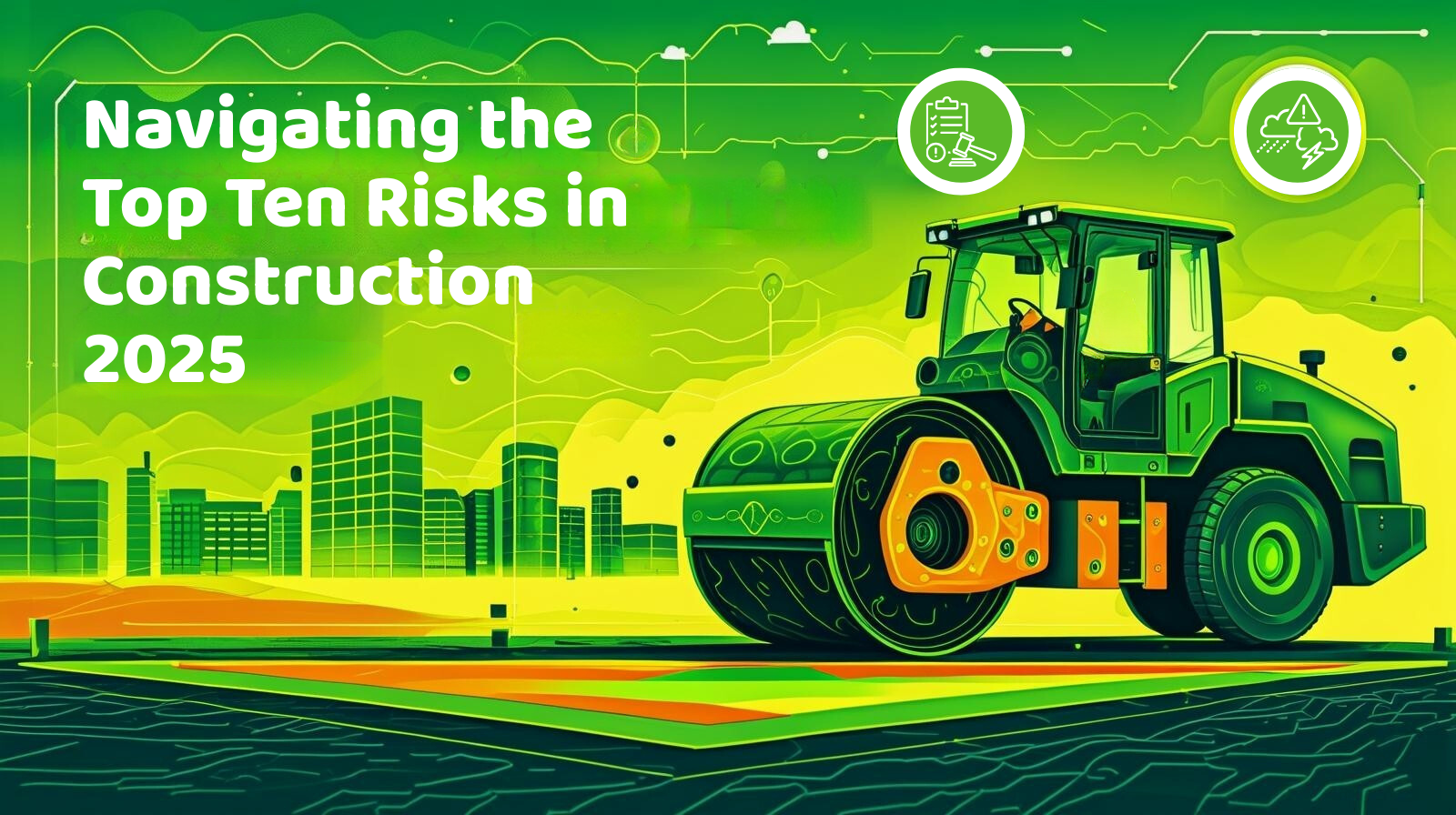
Navigating the Top Ten Risks in Construction 2025
Construction risks in 2025 are rising, from labor shortages to climate volatility. Learn how audit-grade compaction data helps contractors defend projects and reduce exposure.
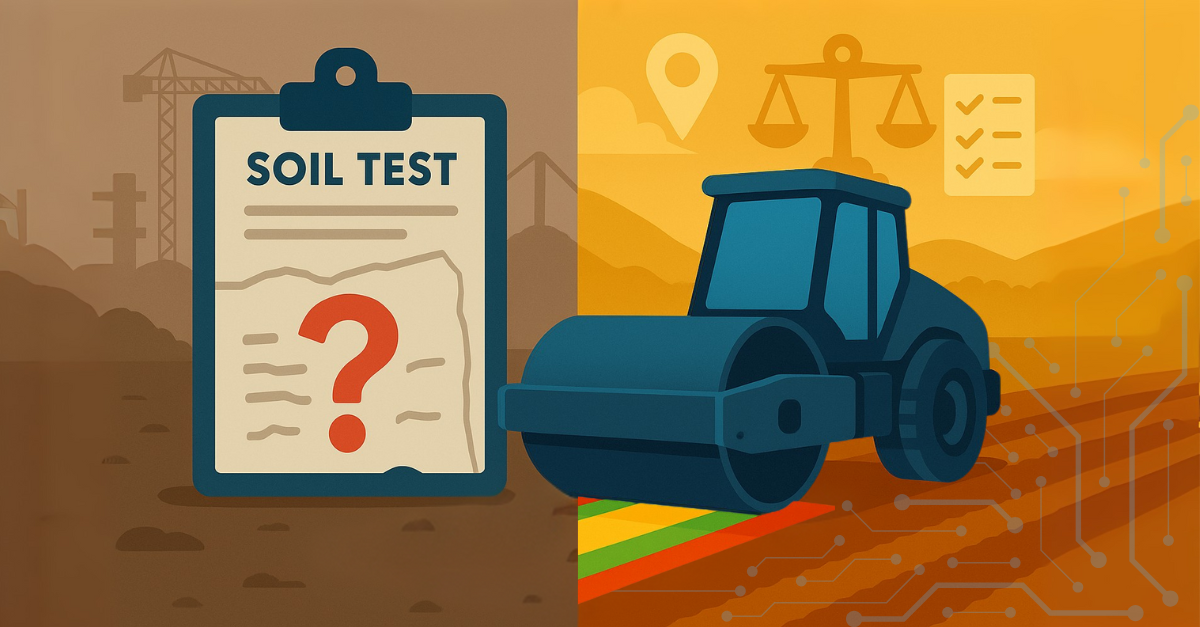
The Biggest Soil Testing Risk Isn’t Failing, It’s Not Proving You Passed
The biggest compaction risk isn’t failing a test, it’s not being able to prove you passed it. Across the industry, QA mis-steps like incomplete records or spec inconsistencies are among the top reasons for litigation and rework. And as legal and insurance expectations rise, contractors need more than checklists, they need traceability. Here are five compaction-related QA mistakes that put your company at risk and how Compactica helps fix them for good.

How Risk-Focused QA Builds Trust with Insurance & Legal Partners
In construction, risk doesn’t just live in the field, It shows up in boardrooms, courtrooms, and claim settlements. And when the unexpected happens, insurers and legal teams ask just one question: Can you prove what happened?
Contractors with vague records or manual logs often struggle to defend themselves. But those with traceable QA data, especially on critical processes like soil compaction, stand on firmer ground. Here’s how Compactica helps you build legal defensibility and earn trust with every job.

Integrating Intelligent Compaction with BIM: the Compactica advantage
Imagine a scenario where your BIM model is dynamically updated with real-time compaction data, providing a complete picture of your project's progress and quality. This is precisely the future that Compactica enables
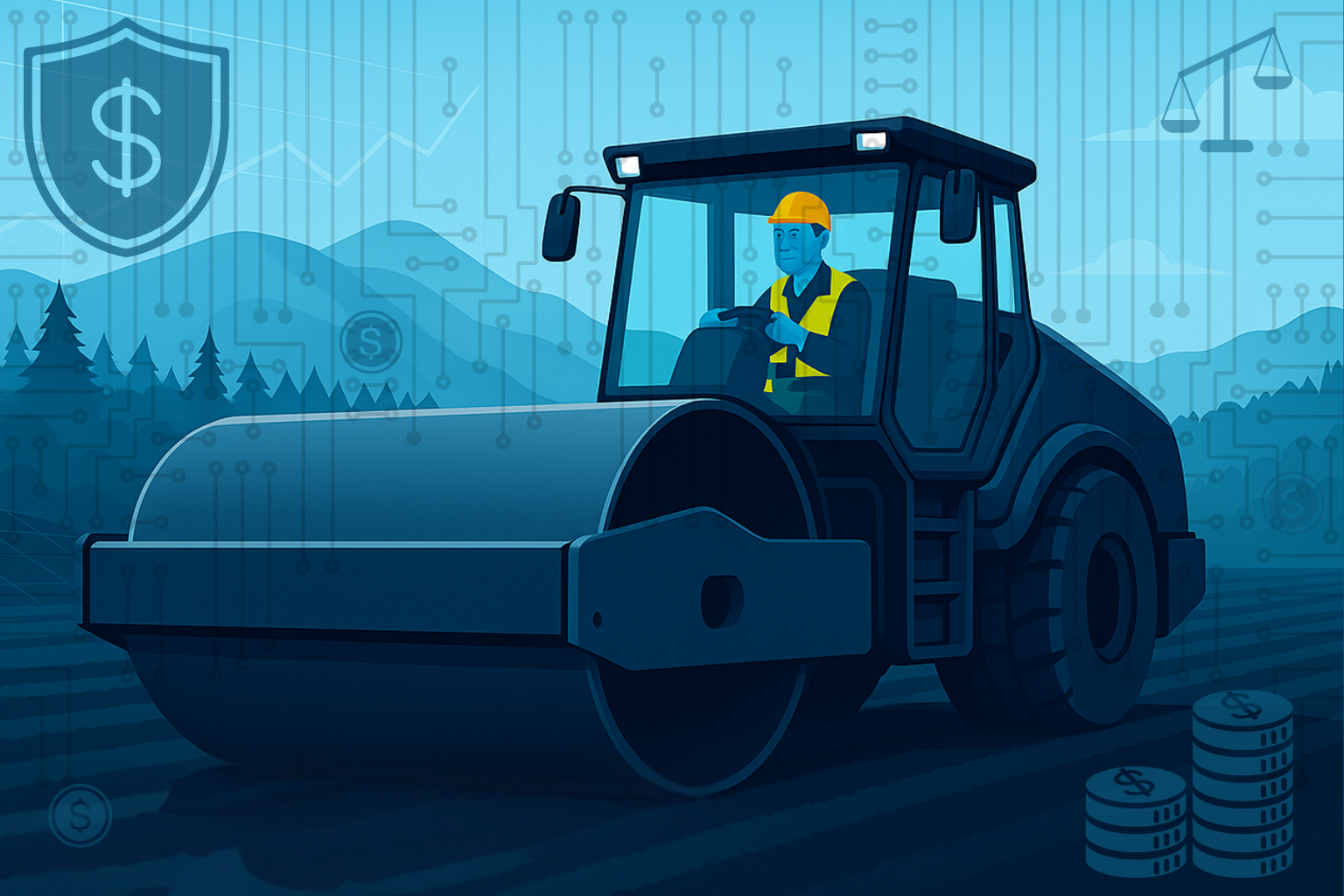
Why National Contractors Should Invest in Risk Mitigation with Compactica
For national contractors managing dozens—or hundreds—of active job sites, the biggest threat isn’t a slow workday. It’s risk. Industry-wide, 70% of construction cost overruns stem from poor initial documentation, planning, or QA data.
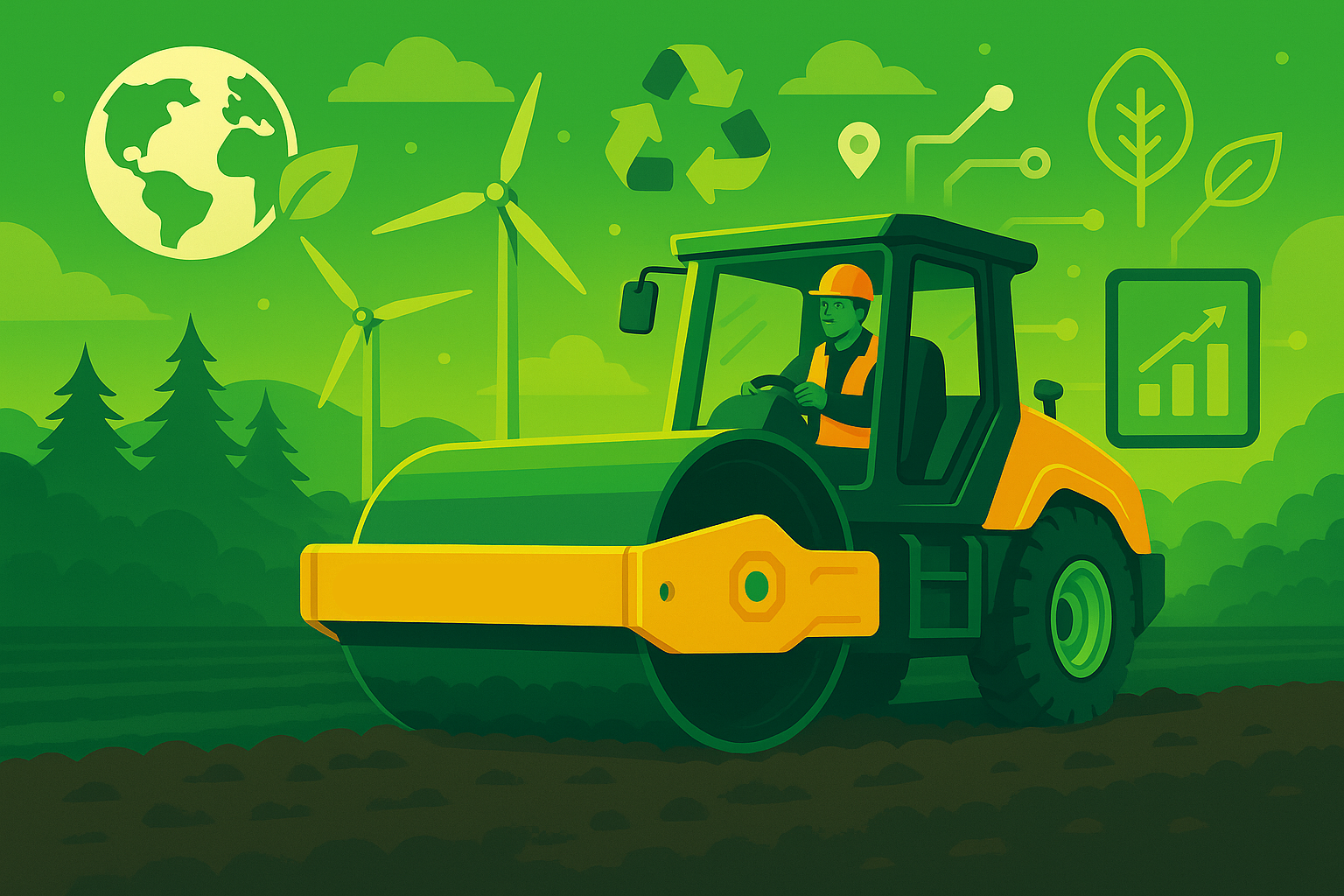
How Intelligent Compaction Supports Sustainability Goals in Construction
Sustainability in construction isn’t just about materials, it’s about methods. Intelligent compaction (IC) plays a vital role by reducing fuel usage, minimizing material waste, and preventing costly rework. With systems like Compactica’s, contractors can achieve optimal soil density more efficiently, lowering emissions and extending pavement life. Smarter compaction means greener outcomes and a cleaner path forward for the industry.

The Future of Roller Operators: How Automation Enhances, Not Replaces
As automation sweeps through the construction industry, roller operators face a future not of replacement—but of transformation. Intelligent compaction systems like Compactica’s don’t remove the operator from the equation; they empower them with real-time data, precision tools, and greater decision-making capabilities. The result is fewer errors, improved site safety, and a smarter, more skilled workforce. In this new era, it’s not man versus machine—it’s man plus machine.

DEBUNKED: The Biggest Myths About Intelligent Compaction.
New tech always comes with old opinions—and intelligent compaction (IC) is no exception. Some say it’s too costly. Others think it’s only for mega highway projects. And many still assume it’ll slow crews down. But here’s the truth: those myths are holding construction teams back from faster, smarter, and more cost-effective work.

The Role of AI and Machine Learning in Modern Compaction Techniques
Soil compaction is the bedrock of any successful construction or geotechnical project—but it’s long overdue for innovation. For decades, this critical step has depended on manual testing and operator intuition, often leading to inconsistent results and costly rework. But that’s changing.

How Intelligent Compaction Fits into the Future of Smart Job Sites
The construction site of the future isn’t coming—it’s already here. Technologies like drones, autonomous machines, and real-time dashboards are reshaping how projects are built. But amid the buzz around automation and AI, one powerful innovation often gets overlooked: Intelligent Compaction (IC).

Why Intelligent Compaction Will Be the Industry Standard by 2035
Construction has long been driven by instinct, experience, and analog methods—but in the last decade, we’ve seen a massive shift toward digitization and data-driven workflows.
Never Miss an Update
Get Compactica’s latest blogs, guides, and case studies on Intelligent Compaction and Earthworks QA, straight to your inbox.
